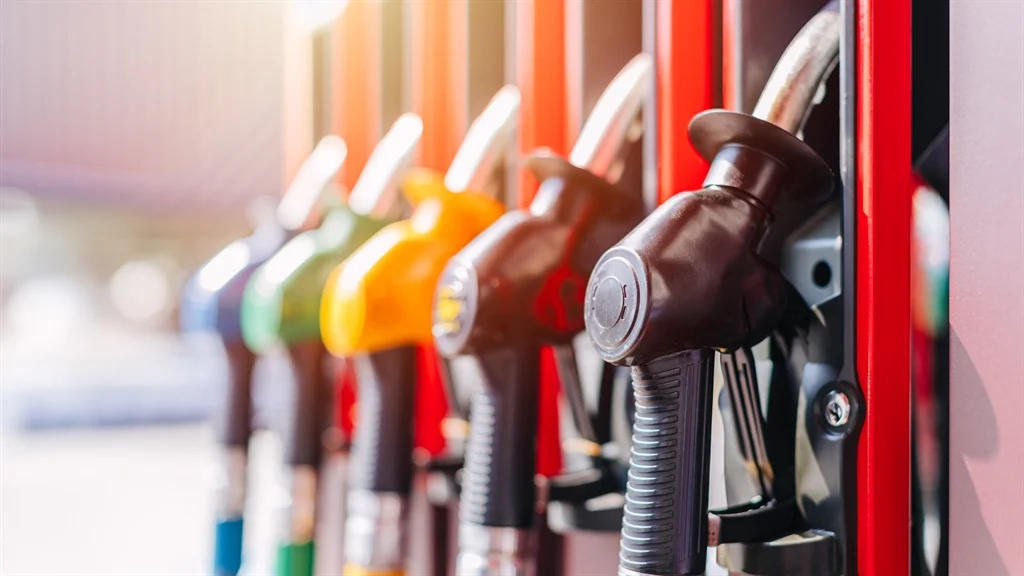The Africa Sustainable Energy Centre (ASEC) has expressed strong disappointment over the government’s decision to postpone rather than scrap the controversial GHS 1 per litre fuel levy.
The organization criticized the Chamber of Oil Marketing Companies (COMAC) for failing to advocate on behalf of consumers, arguing that delaying a flawed policy does not make it right—it only prolongs economic hardship.
“Postponing a flawed policy does not make it right. The levy is not reformed, simply delayed.
“That’s not progress—it’s a political pause that does nothing for the long-term interest of Ghanaians.”
Dr. Elvis Twumasi, Director of Research and Innovation at ASEC
ASEC condemned COMAC’s decision to welcome the new implementation date rather than advocate for a complete repeal of the levy, arguing that this signals a lack of urgency and a troubling disregard for consumer welfare.
“What consumers demanded was the total removal of the GHS 1 fuel levy, not a pause button.
“Ghana cannot afford to prolong policies that delay pain rather than prevent it.”
Dr. Elvis Twumasi, Director of Research and Innovation at ASEC
The organization maintained that postponing the levy does not relieve public frustration; rather, it exacerbates financial uncertainty.
Fuel prices are a key driver of inflation, affecting transportation, food costs, manufacturing, and small business operations.
With taxes already constituting over 26% of pump prices, ASEC warned that additional levies could undermine macroeconomic stability.

“Fuel prices affect every aspect of daily life. This new tax risks reversing the fragile macroeconomic gains we’ve made, including the recent appreciation of the cedi.”
Dr. Elvis Twumasi, Director of Research and Innovation at ASEC
ASEC maintained that Ghana’s energy crisis is rooted in systemic inefficiency and poor governance, particularly within the Electricity Company of Ghana (ECG).
Years of outdated infrastructure, poor revenue collection, and mismanagement continue to drain public funds, yet the government has failed to prioritize consumer welfare.
ASEC echoed the words of the Hon. Minister of Finance, who rightly stated that: “We must not reward inefficiency with higher tariffs.”
Rather than introducing new fuel taxes, ASEC urged the government to focus on long-term solutions, including: “Fixing leakages and illegal connections within ECG, Implementing smart metering and digital billing reforms for better transparency, Ensuring proper utilization of existing energy levies, such as the Energy Sector Levies Act (ESLA), and Auditing and optimizing ECG operations to reduce inefficiencies.”
Call for Permanent Policy Reform

ASEC is calling for the complete removal of the GHS 1 fuel levy, arguing that taxation should never replace genuine reform. The organization urged government actors to prioritize structural changes rather than short-term revenue strategies.
“If the government is sincere about resolving Ghana’s energy sector challenges, it must prioritize deep structural reforms over short-term revenue strategies.”
Dr. Elvis Twumasi, Director of Research and Innovation at ASEC
The organization insisted that forcing consumers to bear the financial burden of inefficiencies they did not create is unjustifiable and risks worsening the country’s economic difficulties.
“The government must listen to the people. Policies should be designed not just for the economy, but for the citizens who live within it.”
Dr. Elvis Twumasi, Director of Research and Innovation at ASEC

The government’s decision to delay the fuel levy has been met with mixed reactions. While some fuel marketing firms welcomed the postponement, many consumers remain frustrated, arguing that the levy should be scrapped entirely.
ASEC’s strong opposition to the fuel levy signals intensifying debates over Ghana’s energy policy and the government’s approach to revenue generation.
ASEC’s call for permanent action rather than temporary measures is a clear demand for policy makers to rethink Ghana’s energy strategy.
As Dr. Elvis Twumasi, Director of Research and Innovation at ASEC, said, “A fuel tax that punishes the public for inefficiencies they did not cause is not the answer.”
READ ALSO: Gov’t Tightens Grip on Rates, Sacrifices GH¢1bn in Bids as T-Bill Auction Misses Mark



















